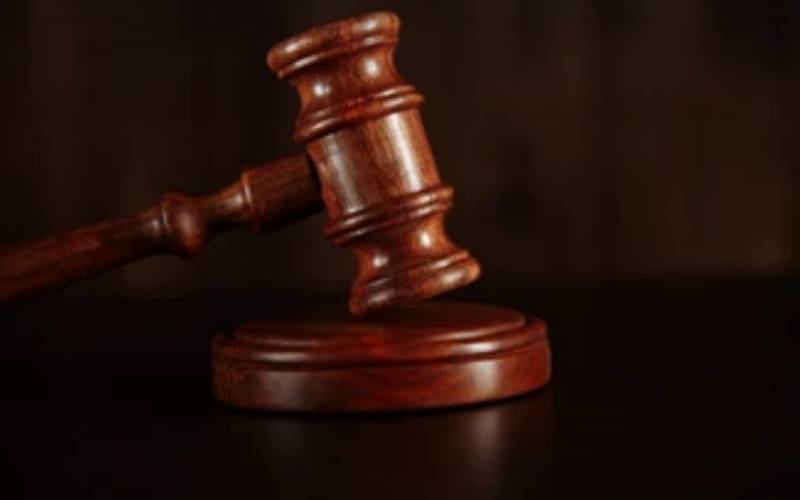×
The Standard e-Paper
Stay Informed, Even Offline

The primary school will now pay its former pupil and parent the amount as compensation. [Courtesy]
Two teachers and a private school have been fined Sh4.2 million for caning and injuring a pupil over alleged indiscipline.